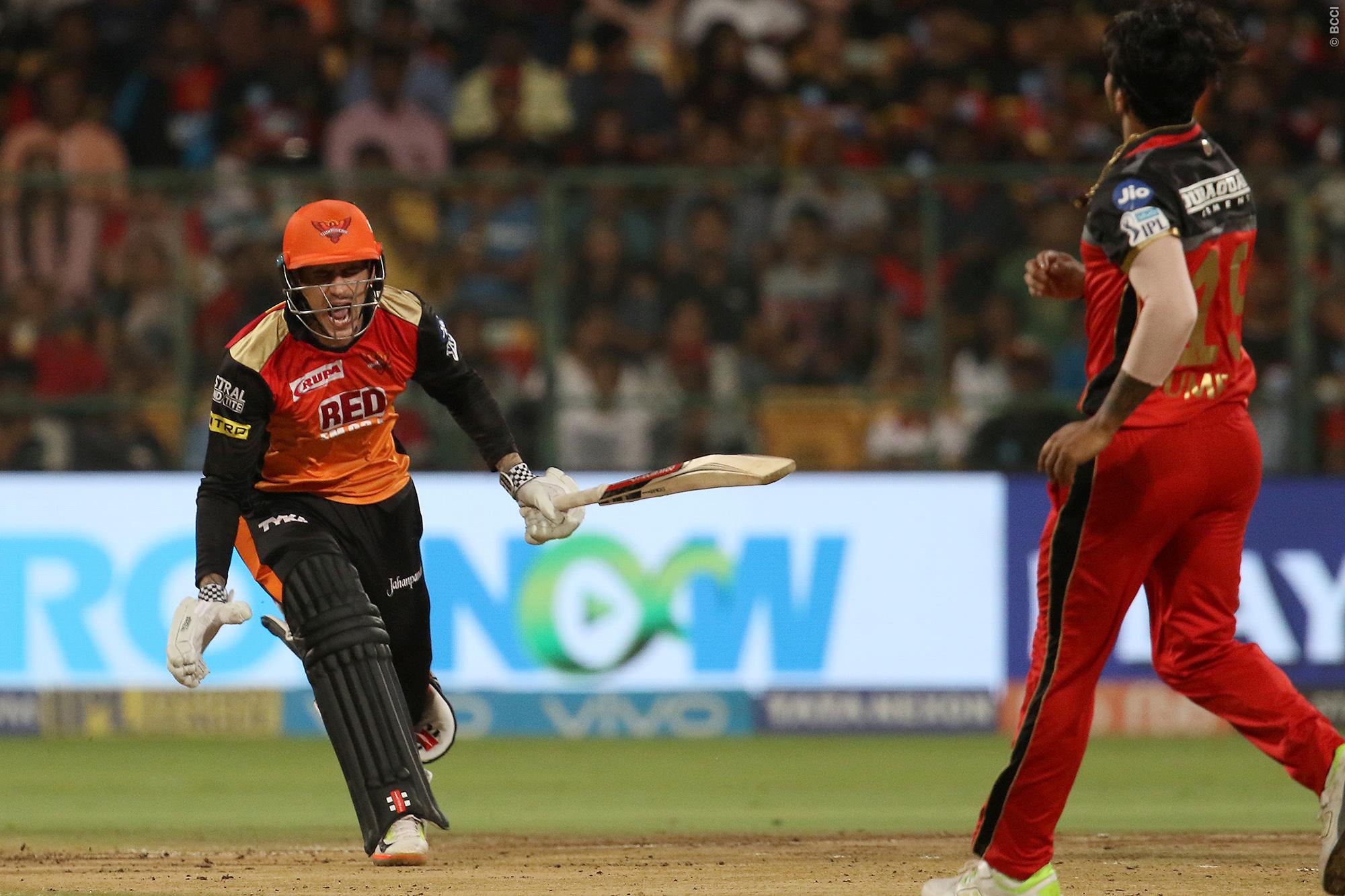Have IPL franchises been spending on coaches cluelessly

BCCI
Despite not being one of the pioneers in bringing T20 cricket to the world, relentless resources and a cricket crazy nation have taken IPL to the zenith among all domestic T20 leagues in no time. However, while they have excelled in unearthing gems, it has been the mentors that have failed IPL.
The heady blend of Bollywood and cricket - two quintessential drugs Indians have been addicted to since its independence - and the blueprint of the Indian Premier League reeked of success from the very moment it was placed on the table. Eleven years down the line and the craze has only increased with players today earning more than they could possibly have imagined a decade back.
IPL has not only grown leaps and bounds over the past decade in terms of broadcasting and telecasting and reaching every nook and cranny of the world, but it has also adapted and matured in the game. The shortest format of the game is no more treated like Tests and ODIs, with players only having specific skill sets getting first preferences and youth ruling the aged star names.
Big data and meticulous analytics play a huge role in team building today. How else would you justify someone like Jaydev Unadkat fetching 11 crores at the mega auctions? Left-arm pacers have always been a part of cricket but it was only after that England’s team analyst Nathan Leamon brought to the notice that left-arm seamers could be devastating in T20s with Ryan Sidebottom decimating sides in the 2010 WT20 and finishing the tournament with 10 wickets. Similarly, the likes of Chris Lynn, Andre Russell, Jos Buttler, David Warner, Rashid Khan and more have become prominent in IPL today, as opposed to a time when Rahul Dravid, Anil Kumble, or even Aakash Chopra started games for franchises.
However, while India
Royal Challengers Bangalore coach Daniel Vettori leads the list surprisingly with Ashish Nehra following him, who draws a whopping 4 crores salary. They are followed by Ricky Ponting and Stephen Fleming, who earn Rs 3.7 crores and Rs 3.2 crores respectively, Virender Sehwag (3 crores), Shane Warne (Rs 2.7 crores), Jacques Kallis and Mumbai Indians’ head coach Mahela Jayawardene (Rs 2.25 crores), and SRH’s VVS Laxman and Tom Moody (Rs 2 crores). They are followed by RCB batting coach Gary Kirsten and Mumbai Indians’ bowling mentor Lasith Malinga, who draw Rs 1.5 crores each.

 ©
© Vettori earning over 4 crores for just a two-month stint would seem frivolous to anyone given how terrible he has been as a coach for RCB. Same could be said about Sehwag who, as many would agree, isn’t a prime candidate for coaching even at the state level. But, such has been the state of so-called mentors and coaches in T20 cricket that franchises are sitting helpless. Not only RCB but England’s Middlesex, Big Bash League’s Brisbane Heats, and Bangladesh Premier League’s Rajshahi Kings have also been deceived by his studious looks and rich cricketing pedigree.
Vettori has been coaching for 10 years now which has allowed analysts to gauge his efficacy quite meticulously, which shows that he had a poor win ratio of only 45% before this IPL season, as a Cricinfo article pointed out. In fact, changing their head coach could actually be the one progressive move that RCB have been seeking for years amidst their futile IPL campaigns. But, unlike the players, whose strengths and weaknesses, temperament and approach towards the game, are all being measured before franchises shell out millions for them, the analysts hardly have anything for the coaches. But, there is a chance that the teams are getting it all wrong.
Whether science, with its permutation and combination, probabilities and complex calculation, plays a crucial part in sports has been a debate for ages, but, as far as T20 is concerned, the shortest format has left a huge gap for it to play a role in determining the outcome. It is T20’s spontaneity that that makes the scenarios easier to envision.
“T20 is such a fast game that it
Big data has played a huge role in determining players’ potential in T20s and if utilized effectively, it can do for guiding a team collectively as well. There might not be full-proven T20 coaches available but franchises and national teams have long been using expert coaches to improve different aspects of the game like the pinch-hitting and death over specialist bowlers. It is the coaching structure that would need changing. The Continental structure, as it is more popularly known in football, could be an ideal setup in T20 cricket where a director would oversee a group of coaches.
While the pattern IPL sides have followed over the last few years makes it difficult to read the coaching patterns KKR definitely stands out as an example. Teams like CSK, SRH and MI, who finished in the playoffs frequently and reached the final most times have largely stuck to a large chunk of their core players as opposed to KKR, who
One look at their managerial structure and one realizes that CEO Venky Mysore plays a huge role. It was he who had first brought big data to the club and has since been responsible for the club’s brilliant metamorphosis from just a participant to a regular contender for the league. From the conventional likes of John Buchanan and Dav Whatmore, KKR
